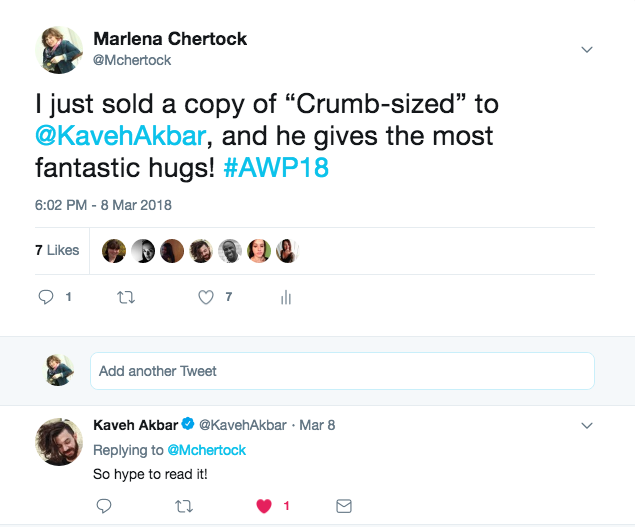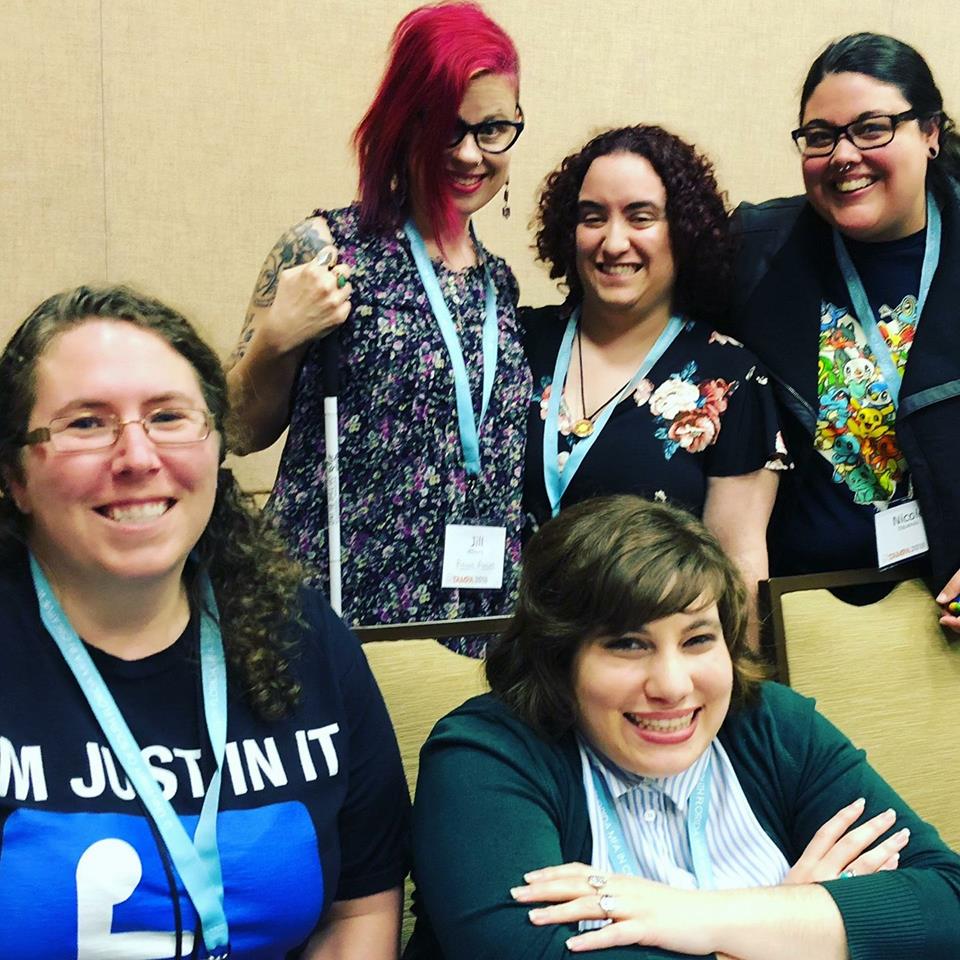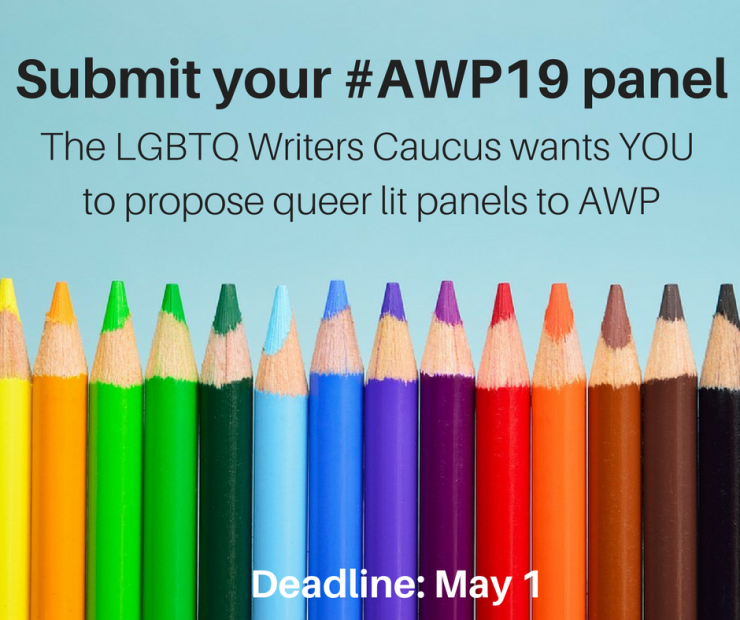So, this little thing called AWP happened. It’s already flown by, and what a whirlwind it was. AWP is jam-packed with so many panels and readings during the day and evening that it’s impossible to attend even a fraction of them! I tried my best, and man, was my body tired from the effort.
From March 7-10, thousands of writers and writing professionals converged on Tampa, Florida for our conference, networking, schmoozing, readings, and more.
Cool AWP story: I attended the Literary Twitterati panel on the importance of sharing poetry on social media and creating digital platforms of your own. It was a fabulous discussion. Afterwards, I wanted to go up to Kaveh Akbar, one of the panelists and someone who’s been called poetry’s biggest cheerleader, and tell him how much I enjoy his work and the conversation. I also (a little selfishly) wanted to gift him my book. I was in the process of giving it to him when he said cool and pulled out his credit card. So, that’s how I ended up selling a copy of Crumb-sized to Kaveh Akbar! Sometimes AWP is wild! Also, Kaveh gives amazing hugs and I highly recommend them.

My panel went really well! I organized a panel this time around called “#Criplit: Writing Our Truths,” with some amazing panelists — Suzanne Bair, Jill Khoury, Minadora Macheret, Nicole Oquendo, and me. We had a really great discussion about the emergence and importance of #criplit (disability writing, writing by disabled people), what it means to write your truth, and if that’s all disabled people should be/are able to write about. We also got into the language itself, and how some folks detest the term “crip” and “crip lit,” while for others, like myself, it was a form of recognition, discovery, and pride. Like Jill Khoury said, “writing my truth, well it makes me feel a little rebellious.” I first started hearing the term #criplit through the Disability Visibility Project and their amazing twitter chats. And I’m just really glad and thankful that we were able to discuss some of these things at AWP. Thank you to all who attended the panel, and asked great questions!

I attended the LGBTQ Writers Caucus for the first time (thankfully the caucus meetings were a little more spread out this year … but not always), and it was a great meeting of queer writers and writing professionals. Most of the board had to step down because they’d served their full three-year term. As I was listening to how important it was to them, and how sad they were to leave (they teared up), I found myself spontaneously volunteering to join. I’m the new Communications Coordinator, and I’m really excited to meet and interact with more queer writers! I’ll be managing the caucus’ website, blog, and Twitter feed. We’ve got a fantastic board who’ve already been gearing up for AWP 2019. The President is Samantha Tetangco, Vice President is Julia Guarch, Secretary is Zane Dezeeuw, and I’m Comms. If there’s anything you’d like to see the LGBTQ Writers Caucus focus on, let us know on social media or email us at [email protected]. Something to keep track of: AWP is already accepting panels for 2019, so get on the brainstorming and submitting train! Panels are due May 1.

I also attended the Disabled & D/deaf Writers Caucus for the second time. Last year was my first AWP, and I attended the caucus for the first time. It was really revolutionary for me. I saw people with different disabilities — writers with mobility differences, D/deaf writers, blind writers, autistic and neurodivergent writers, etc. — all gathered together in the same space talking about issues we face in the writing community (and of course we were outraged at the stairs to the stage …). It was the first time I was surrounded by people like me and with such a variety of disabilities. You should be following the @DisDeafUprising for behind-the-scenes disabled experiences of AWP and the ableism we face there. But this collective is also a form of activism beyond the conference. Also, if you haven’t already, you need to read “Report from the Field: Behind the Scenes at AWP with members of The Disabled & Deaf Uprising,” published on VIDA’s blog. Read our experiences. Learn from them. Do better. Make AWP, all lit spaces, and the world accessible!